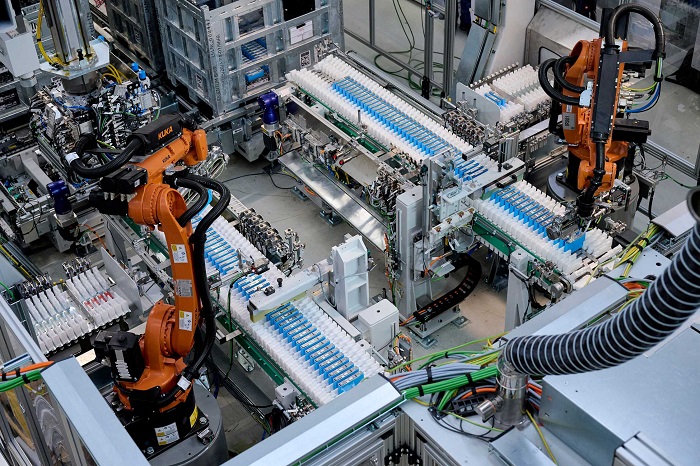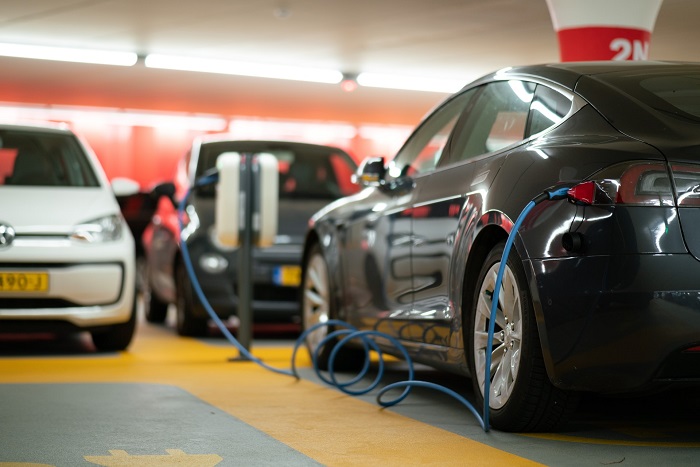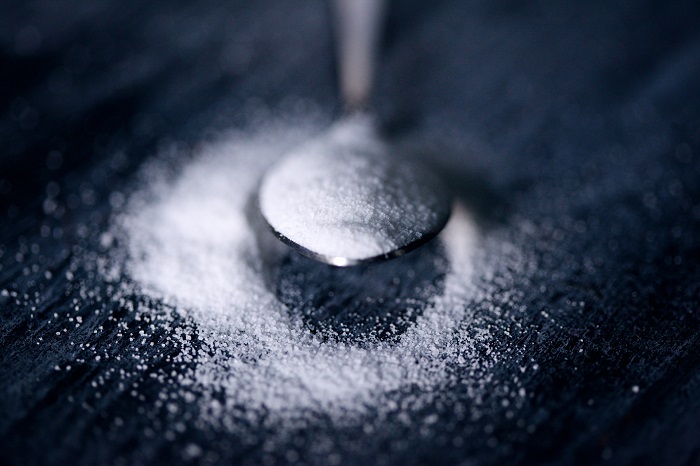ISABEL RUBIO ARROYO | Tungsteno
The key to creating more durable lithium-sulphur batteries potentially lies in a spoonful of sugar. A team of Australian scientists has discovered a modified glucose molecule that increases the stability of these devices. The breakthrough, published in the renowned scientific journal Nature Communications, is important because this type of battery is more efficient and lighter than traditional lithium batteries. We take a look at what this innovation means and what impact it could have on electric mobility.
Using sugar to make batteries last longer
Lithium-sulphur batteries can store two to five times more energy than lithium-ion batteries of the same weight. Although they are not a new invention, their use is still very limited because they have a serious drawback: their lifespan. The insulating nature of sulphur means they deteriorate quickly and do not survive too many charge cycles. But this could change. Over the last decade, various scientists have been trying to make these batteries stable and viable for long-term energy storage.
A team of researchers at Monash University in Melbourne appears to have taken an important step towards achieving this. Using a glucose-based additive, they claim to have stabilised the technology of these batteries. Their work was inspired by a 1988 geochemical report describing how glucose and, to a lesser extent, cellulose resist degradation in geological sediments. The study published in Nature Communications concludes that a simple saccharide-based binding system can impart critical functionalities to an unsophisticated sulphur cathode, leading to a stable life cycle. The result, the authors explain, is a longer-lasting, lighter and more sustainable battery for aviation, electric vehicles or submarines.

Lithium-sulphur batteries can store two to five times more energy than lithium-ion batteries of the same weight. Credit: BMW Group.
Travel hundreds of kilometres without recharging the battery
Lithium-sulphur batteries aspire to be a before and after in electric mobility. "In less than a decade, this technology could lead to vehicles, including electric buses and trucks, that can travel from Melbourne to Sydney without recharging," says Mainak Majumder, author of the study and professor in the department of mechanical and aerospace engineering and associate director of the Monash Energy Institute. In other words, with these batteries, an electric vehicle could travel almost 1,000 kilometres without recharging. In practice, a Tesla Model 3 Standard Range Plus, which has a battery of about 500 kilograms and a real-world range of 400 kilometres, could have a lithium-sulphur battery of the same size and weight but with a whopping range of 1,200 kilometres, according to the automotive website WhichCar.
Lithium-sulphur batteries, according to Majumder, "could also enable innovation in delivery and agricultural drones where light weight is paramount." The prototypes produced by the researchers, in addition to having more capacity than equivalent lithium-ion batteries, can achieve a lifespan of more than 1,000 charge/discharge cycles. Yingyi Huang, one of the study's authors, says that "each charge lasts longer, extending the battery´s life. And manufacturing the batteries doesn´t require exotic, toxic, and expensive materials."

With lithium-sulphur batteries, electric vehicles could travel nearly 1,000 kilometres without recharging. Credit: Unsplash.
The batteries of the future?
While this finding is promising, more research and investment in this type of technology is still needed to bring all this promise to market and achieve wide-scale adoption of these technologies. Mahdokht Shaibani, one of the study's authors, acknowledges that while this discovery solves some of the challenges of lithium-sulphur batteries, "there is still need for further innovation into the protection of the lithium metal anode to enable large-scale uptake of this promising technology." The viability of these batteries will depend on whether long-term stability can actually be achieved.
So far, a number of companies are already interested in the technology. Mark Gustowski, managing director of energy solutions provider Enserv Australia, has announced his intention to use this type of battery "to enter the growing market for electric vehicles and electronic devices. We plan to make the first lithium-sulphur batteries in Australia using Australian lithium in about five years," he says.
As society looks for an alternative to fossil fuels, new batteries with higher storage capacity and lower demand for critical minerals are essential. The lithium-sulphur battery represents one of the most promising technologies on the horizon, but we will have to wait and see if these batteries eventually make it to mass deployment in our aircraft, electric vehicles, drones and submarines.
· — —
Tungsteno is a journalism laboratory to scan the essence of innovation. Devised by Materia Publicaciones Científicas for Sacyr´s blog.
